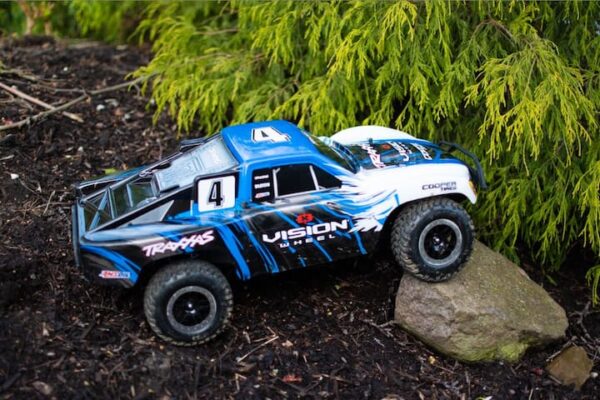How to Choose the Right Radio-Controlled Car for Beginners
Radio-controlled cars offer a thrilling hobby for enthusiasts of all ages, providing the excitement of racing and the satisfaction of mastering precision control. For beginners looking to enter the world of RC car racing, choosing the right vehicle can be a daunting task. With a wide range of options available, from electric-powered on-road cars to nitro-fueled off-road buggies, selecting the perfect RC car requires careful consideration of various factors. In this guide, we’ll discuss essential tips to help beginners choose the right radio-controlled car to suit their needs, preferences, and skill level.
Determine Your Budget:
Before diving into the world of RC car racing, it’s essential to establish a budget for your purchase. RC cars come in a wide range of price points, from budget-friendly entry-level models to high-end racing machines. Consider how much you’re willing to invest in your new hobby, taking into account not only the initial cost of the car but also ongoing expenses such as batteries, chargers, spare parts, and upgrades.
Choose the Right Type of RC Car:

RC cars come in various types and configurations, each suited to different styles of driving and terrain. The three primary categories of RC cars are:
- On-Road Cars: Designed for racing on smooth, paved surfaces, on-road cars feature low-profile tires and aerodynamic bodies for high-speed performance.
- Off-Road Buggies: Built to tackle rough terrain such as dirt tracks, grass, and gravel, off-road buggies feature rugged suspension systems and knobby tires for superior traction and durability.
- Monster Trucks: With their large wheels, high ground clearance, and robust construction, monster trucks are designed to conquer obstacles and perform stunts on a variety of surfaces, including pavement, dirt, and ramps.
Consider your intended use and driving preferences when choosing the type of RC car that’s right for you. If you’re primarily interested in racing on smooth, flat surfaces, an on-road car may be the best option. However, if you enjoy off-road adventures and tackling rough terrain, an off-road buggy or monster truck may be more suitable.
Consider Power Source:
RC cars are available in two primary power sources: electric and nitro (gas-powered). Each type has its advantages and considerations:
- Electric RC Cars: Electric-powered cars are quiet, clean, and easy to maintain, making them an excellent choice for beginners. They typically require less setup and tuning than nitro cars and offer instant throttle response for precise control.
- Nitro RC Cars: Nitro-powered cars run on a blend of nitromethane fuel and lubricating oil, offering higher speeds and longer run times than electric cars. However, they require more maintenance, including fuel mixing, engine tuning, and periodic cleaning and maintenance of the engine and exhaust system.
For beginners, electric RC cars are generally recommended due to their ease of use and lower maintenance requirements. However, if you’re interested in the challenge and excitement of nitro racing, be prepared to invest time and effort into learning the intricacies of engine tuning and maintenance.
Consider Ready-to-Run (RTR) vs. Kit Models:

RC cars are available in two primary assembly options: ready-to-run (RTR) and kit models.
- Ready-to-Run (RTR) Cars: RTR cars come pre-assembled and ready to use right out of the box, making them ideal for beginners who want to start racing immediately without the hassle of building a car from scratch. RTR cars typically include everything you need to get started, including a transmitter, receiver, battery, and charger.
- Kit Models: Kit models require assembly and installation of all components, including the chassis, drivetrain, electronics, and body. While building a kit car can be a rewarding experience for hobbyists with mechanical skills and patience, it requires more time, effort, and attention to detail than RTR cars.
For beginners, RTR cars are generally recommended due to their simplicity and convenience. However, if you enjoy the challenge of building and customizing your car, a kit model may be a rewarding option.
Research Brands and Models:
Before making a purchase, take the time to research different brands and models of RC cars to find the one that best suits your needs and preferences. Read reviews, watch videos, and seek advice from experienced hobbyists to gain insight into the performance, reliability, and durability of various cars. Pay attention to factors such as build quality, parts availability, customer support, and aftermarket support when evaluating different options.
Choosing the right radio-controlled car for beginners requires careful consideration of various factors, including budget, type, power source, assembly options, and brand reputation. By determining your budget, considering your driving preferences, and researching different models, you can select an RC car that provides the perfect balance of performance, durability, and value for your needs. Whether you’re interested in high-speed racing, off-road adventures, or backyard bashing, the right RC car can provide hours of excitement and enjoyment for beginners and seasoned enthusiasts alike.